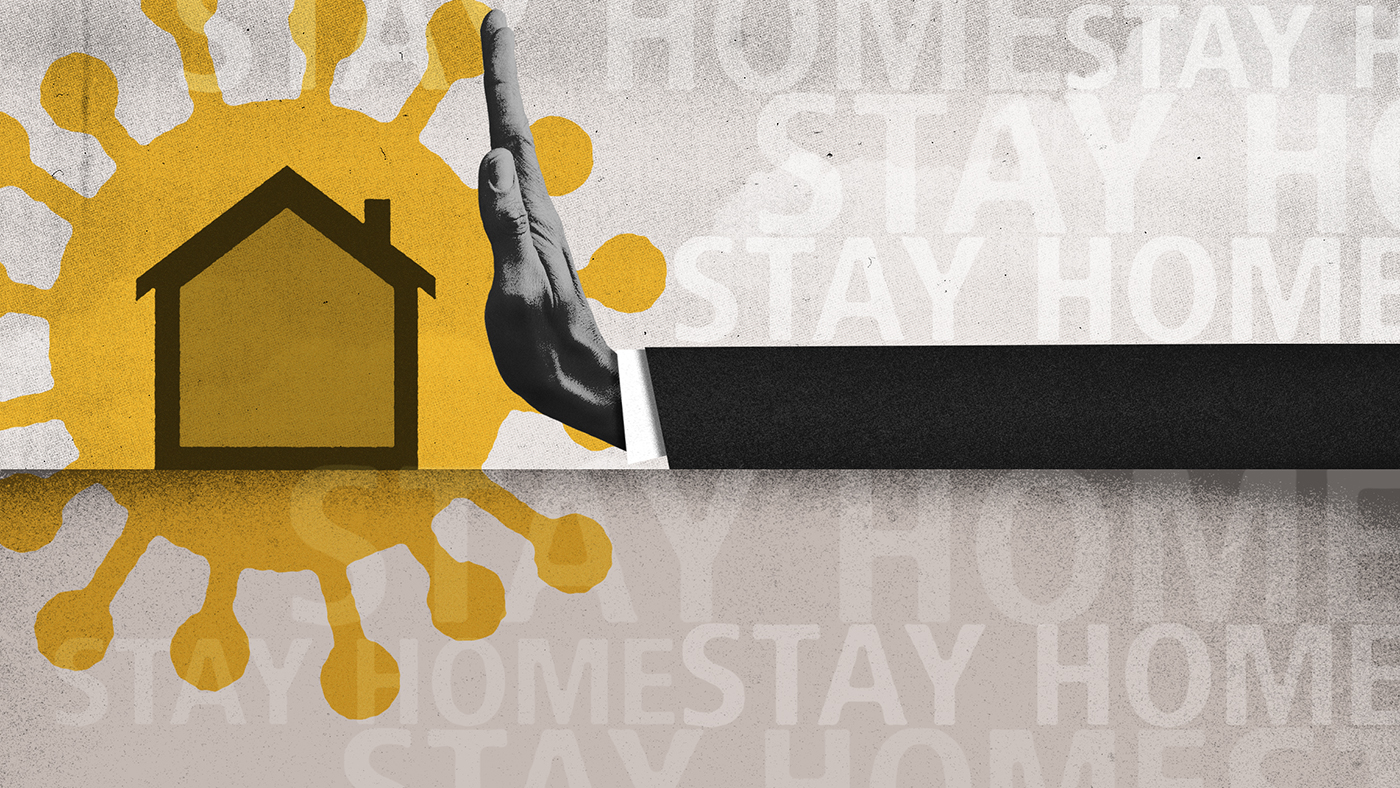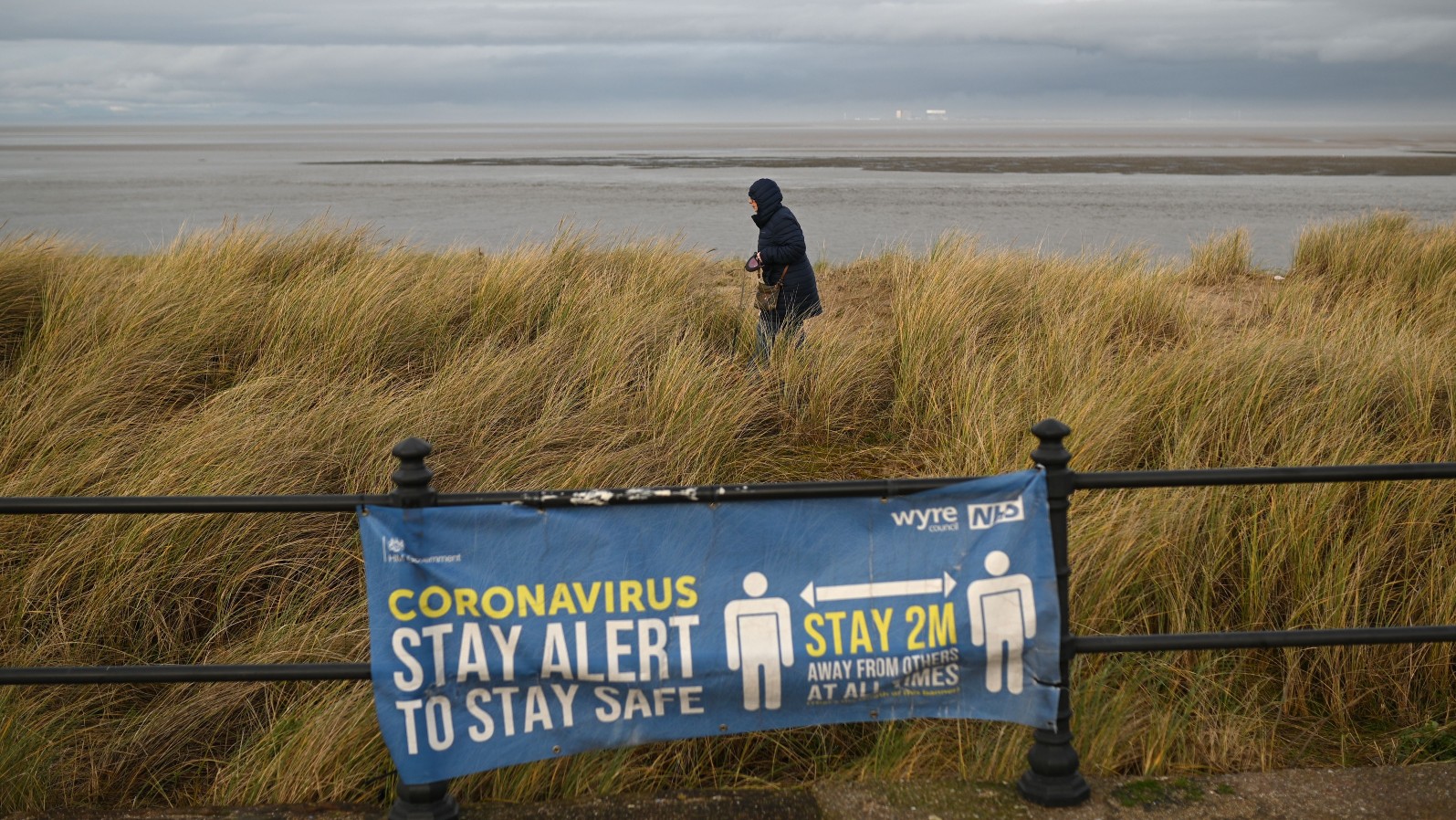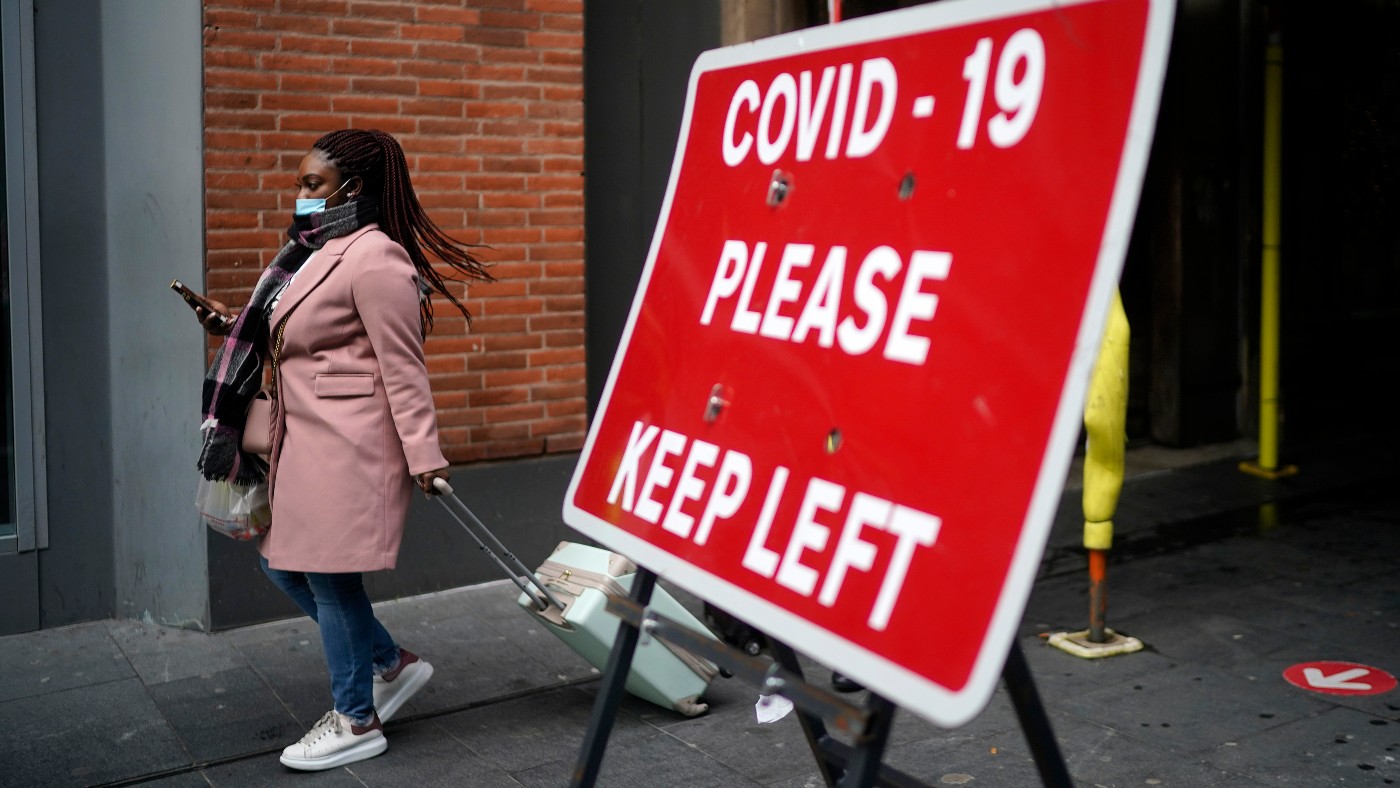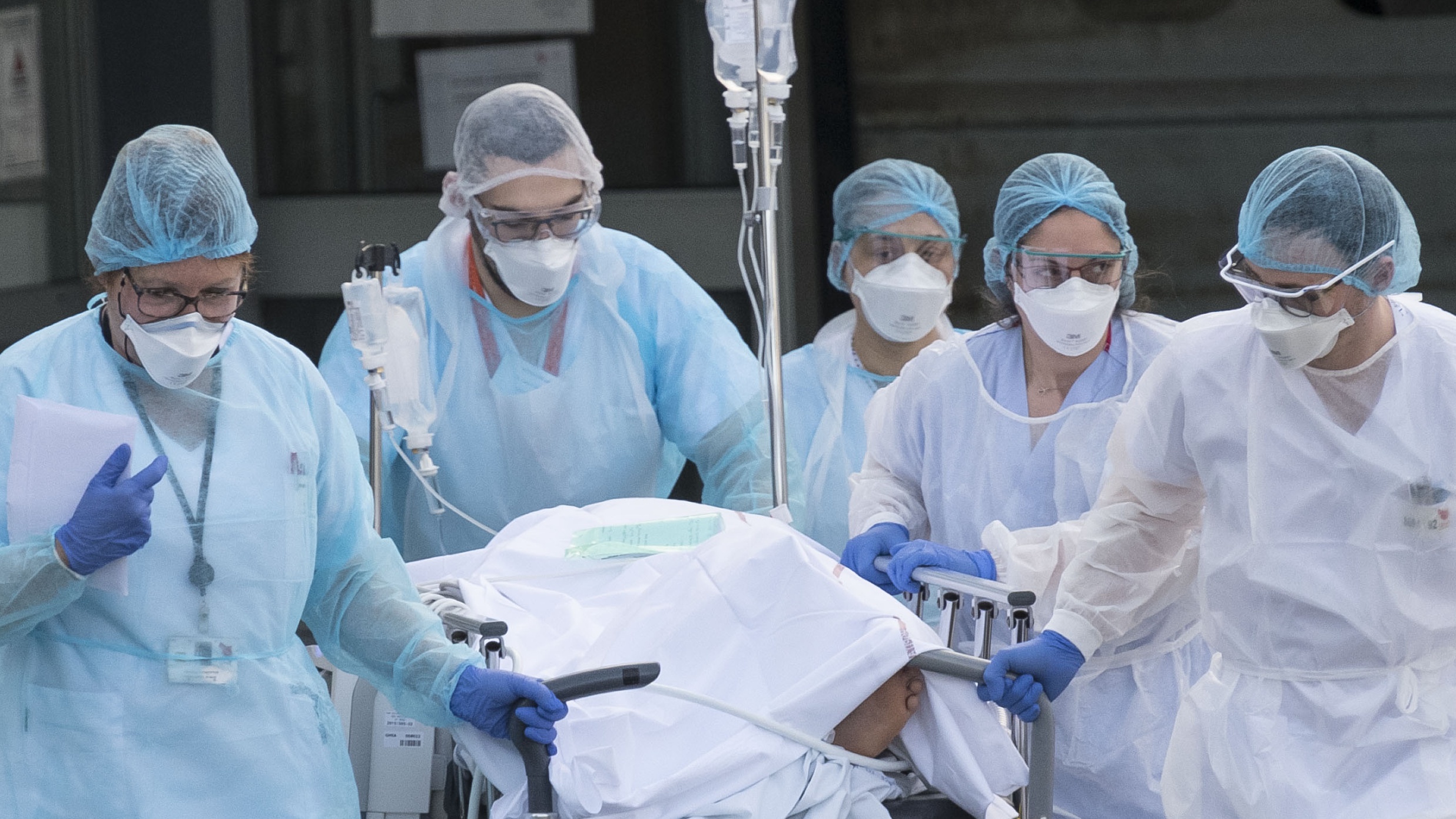The rise in children’s hepatitis
Surge in cases has been linked to lockdown restrictions

A free daily email with the biggest news stories of the day – and the best features from TheWeek.com
You are now subscribed
Your newsletter sign-up was successful
The number of recorded cases of sudden onset hepatitis among children under ten has risen to 114, while the number needing a liver transplant has increased to ten, health chiefs have announced.
The World Health Organization reported one death of a child with hepatitis this weekend but did not say where it had occurred. However, noted Sky News, the UK Health Security Agency (UKHSA) has reported that there have been no deaths in the UK.
Nevertheless, said Aikaterini Mougkou, from the European Centre for Disease Prevention and Control, the emerging trends are “really worrying”.
The Week
Escape your echo chamber. Get the facts behind the news, plus analysis from multiple perspectives.

Sign up for The Week's Free Newsletters
From our morning news briefing to a weekly Good News Newsletter, get the best of The Week delivered directly to your inbox.
From our morning news briefing to a weekly Good News Newsletter, get the best of The Week delivered directly to your inbox.
Here is what we know.
What is it?
“Hepatitis is the catch-all term to describe inflammation of the liver tissue,” said the BBC.
It can be caused by either a viral infection, or by exposure to some chemicals, alcohol, drugs and some genetic disorders.
A free daily email with the biggest news stories of the day – and the best features from TheWeek.com
Short-term (acute) hepatitis often has no noticeable symptoms, said the NHS, so you may not realise you, or your child, has it.
However, symptoms to watch out for include yellowing of the eyes and skin. Other signs include muscle and joint pain, a high temperature, nausea or vomiting, a loss of appetite, dark urine and pale, grey-coloured stools.
Treatment options will depend on the type of hepatitis the patient is suffering from and whether the infection is acute or chronic, said Healthline. Treatments can vary from antiviral medication to rest.
Health chiefs said children experiencing symptoms of a gastrointestinal infection should stay at home and not return to school or nursery until 48 hours after the symptoms have cleared up.
Why is it on the rise?
The surge of hepatitis cases in young children has been linked to lockdown and social distancing, reported The Telegraph.
Dr Meera Chand, who is heading the UKHSA’s investigation into the dramatic rise in cases, said the virus may be hitting young children hardest because lockdown restrictions meant they were not exposed to it during their formative years.
There are fears that a common adenovirus could have mutated to become more severe, noted the paper. Officials noticed that the cases have not been caused by the usual viruses that cause hepatitis A to E and therefore the rise may be linked to a group of viruses called adenoviruses.
UK health officials have ruled out the Covid vaccine as a possible cause because none of the cases in children aged ten and under in Britain had been vaccinated.
However, there could be worse to come. Liver experts said that reported cases so far may be the “tip of the iceberg”, as some symptoms could be missed.
-
 What are the best investments for beginners?
What are the best investments for beginners?The Explainer Stocks and ETFs and bonds, oh my
-
 What to know before filing your own taxes for the first time
What to know before filing your own taxes for the first timethe explainer Tackle this financial milestone with confidence
-
 The biggest box office flops of the 21st century
The biggest box office flops of the 21st centuryin depth Unnecessary remakes and turgid, expensive CGI-fests highlight this list of these most notorious box-office losers
-
 Covid four years on: have we got over the pandemic?
Covid four years on: have we got over the pandemic?Today's Big Question Brits suffering from both lockdown nostalgia and collective trauma that refuses to go away
-
 Three years since lockdown began: how Britain changed
Three years since lockdown began: how Britain changedfeature The economy, education and the NHS are yet to fully recover from the effects of UK lockdowns
-
 Are lockdown effects ‘killing more people than Covid’?
Are lockdown effects ‘killing more people than Covid’?Talking Point Excess deaths data has blown open debate about pandemic restrictions
-
 Non-Covid excess deaths: why are they rising?
Non-Covid excess deaths: why are they rising?In the Spotlight Experts call for probe as mortality rates in England and Wales climb despite drop in coronavirus deaths
-
 Does the WHO’s excess deaths data vindicate the UK pandemic response?
Does the WHO’s excess deaths data vindicate the UK pandemic response?feature New statistics suggest national death toll is similar to other European countries
-
 The true Covid-19 global death toll
The true Covid-19 global death tollIn the Spotlight Pandemic may have claimed three times as many lives as previously thought
-
 What happened to the UK’s Covid statistics after self-isolation was scrapped?
What happened to the UK’s Covid statistics after self-isolation was scrapped?feature Infections have doubled and hospitalisations are rising in all English regions
-
 What the pandemic is doing to our brains
What the pandemic is doing to our brainsIn the Spotlight Scientists want to explore whether the stress of Covid-19 has changed people’s cognitive function